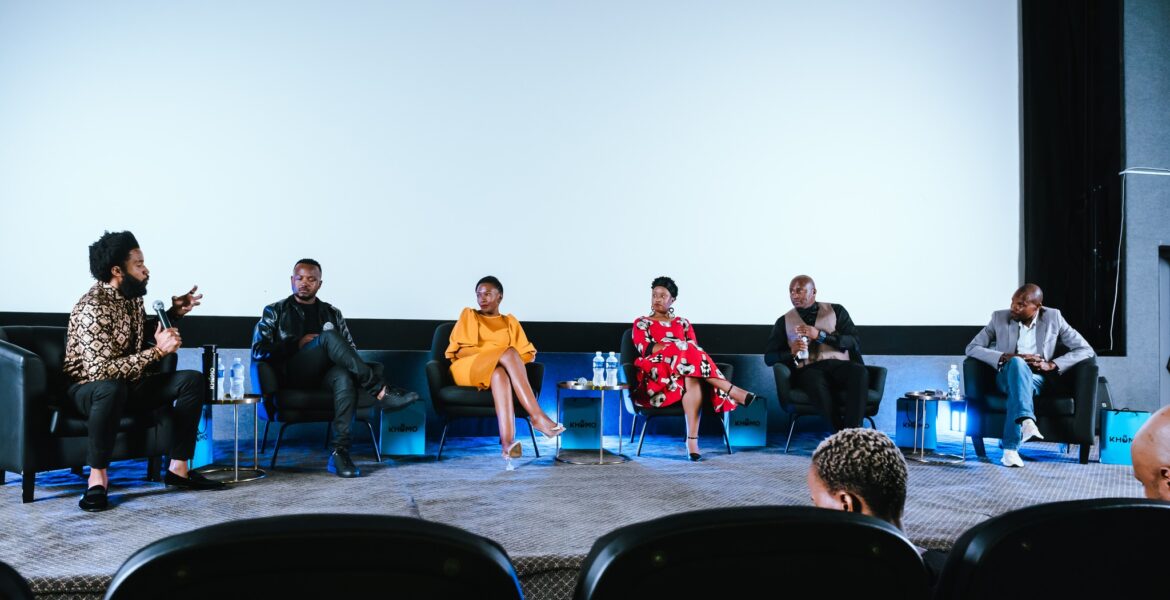- PS says working in silos enables exploitation
- Encourages them to work with anchors and distributors
GOSEGO MOTSUMI
Fragmentation of value chains and binding market costs are two of the biggest challenges of the creative industry, the Permanent Secretary in the Ministry of Entrepreneurship, Joel Ramaphoi, has said.
Speaking after the recent Khumo Studios’ content Premiere at New Capitol Cinemas at Riverwalk in Gaborone, Ramaphoi noted: “It has been said that there about 200 production houses locally.
“If I may ask, is there any way they cooperate? It would not be surprising to find out that they are operating in silos, and that alone is an avenue for exploitation that is often talked about.”
Demand-driven approach
He asserted that a demand-driven approach is the way to go for the creative industry because it is in the business of providing intangible products. He underscored the need for creatives to know where their market is; its taste, preferences and standards because theirs is the kind of work where dealing with the end market would work before production.
“Once you have done that, you will know what is needed by those markets,” Ramaphoi said. “You need the likes of Khumo Studios for anchors or distributors because they understand the complexities and dynamics of the market and are better positioned to interact directly with those markets on your behalf.”
Resilient ecosystem
Creatives should also start building a resilient ecosystem with different players like co-operations and collaborations and do away with working in silos, he added.
“As industry players, we have an assignment to complete and from here we need to see how we progress from the issues that we continue to face,” he said.
Intellectual Property
He noted how the creative industry is endowed with brilliant minds who raise Intellectual Property (IP), saying it is also important that they commercialise their IP.
As a typical example, he observed, Botswana is known for its traditional music but South Africans have copied the craft from Botswana and are doing it better.
“This is because we failed to protect this craft and before we know it, they would have created IPs and taken it from us,” Ramaphoi said.

